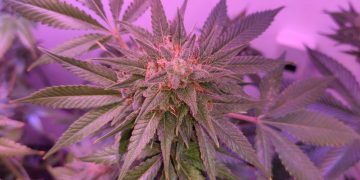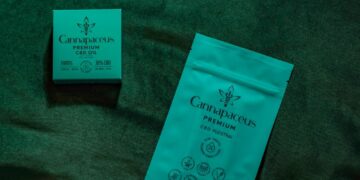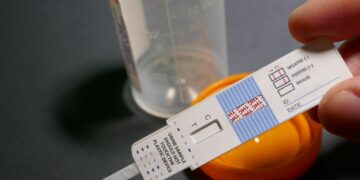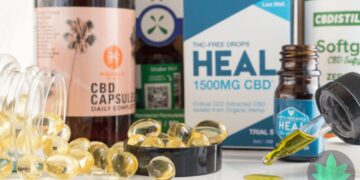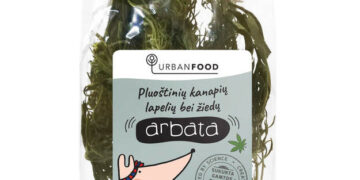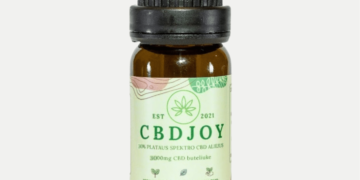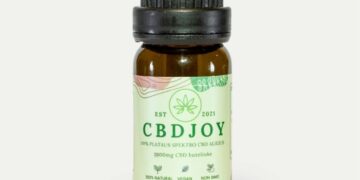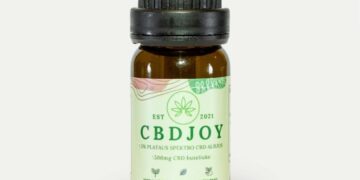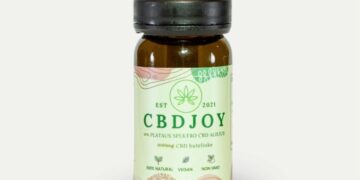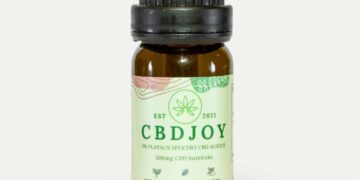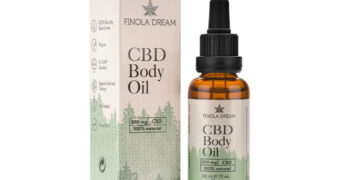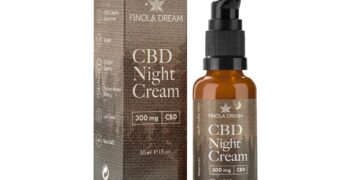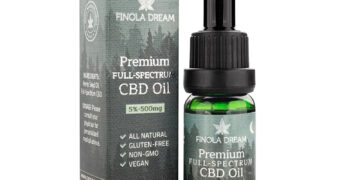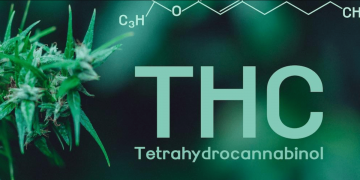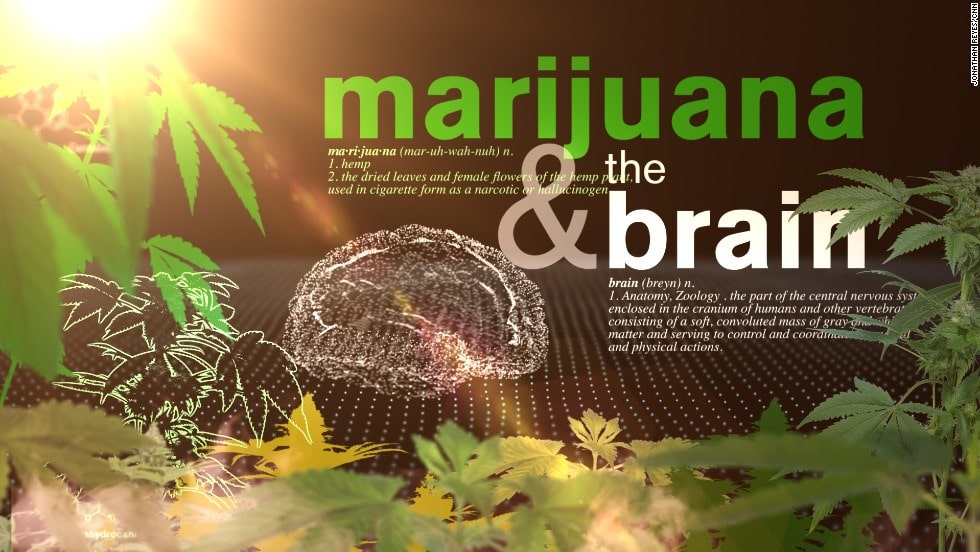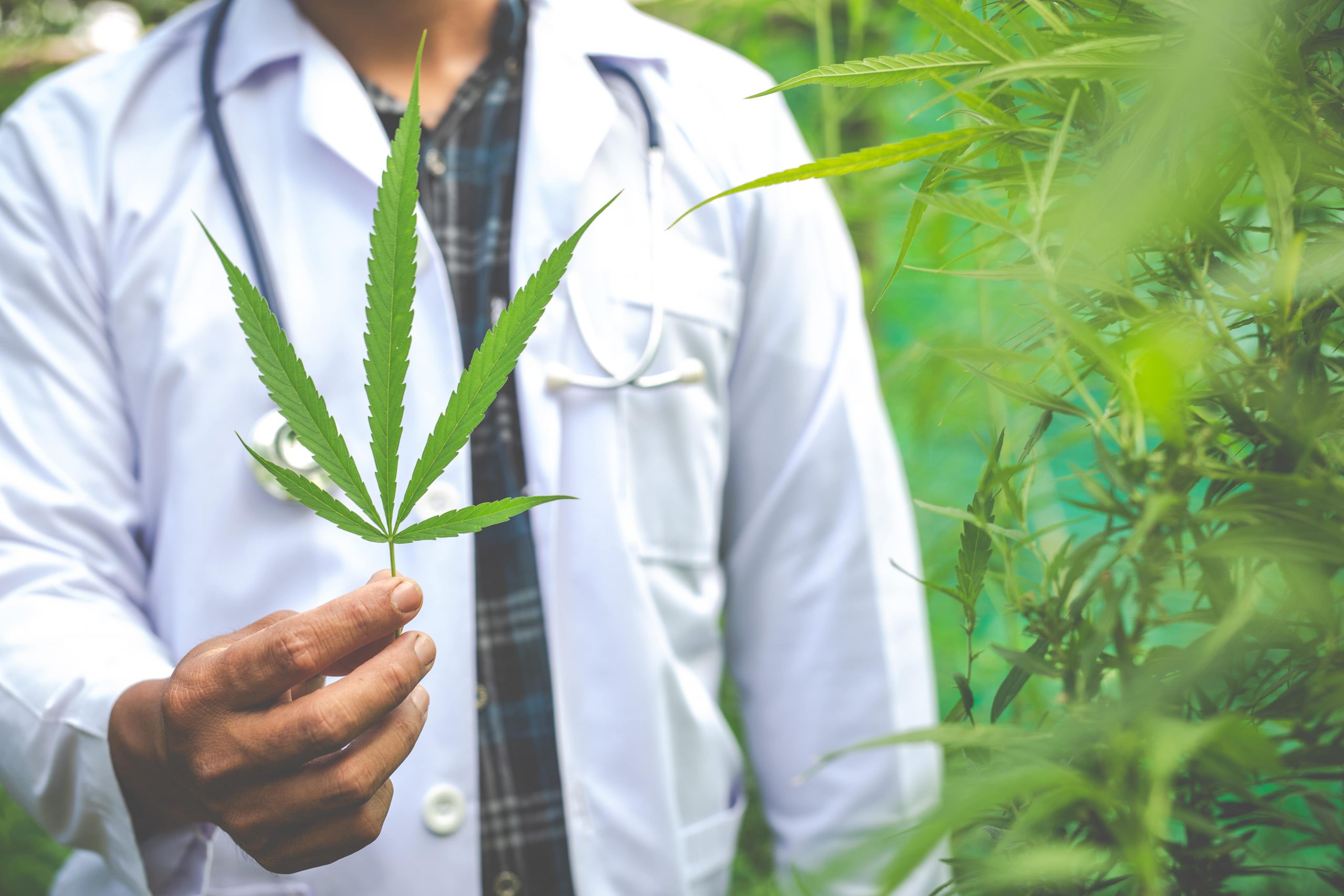The cannabis industry, with its rapid advancements and discoveries, has brought to light numerous compounds, each with unique characteristics and applications. Two such compounds, Delta 9 THC (D9 THC) and Tetrahydrocannabinolic Acid (THCA), often spark interest and confusion due to their similar origins yet distinct effects. This guide aims to delve deeper into these compounds, highlighting their differences and the variety of retail products they inspire.
 Delta 9 THC: The Catalyst for Euphoria
Delta 9 THC: The Catalyst for Euphoria
Delta 9 THC is renowned for its psychoactive effects in the cannabis world. It’s the compound responsible for the ‘high’ that many associate with cannabis use, producing sensations of euphoria, relaxation, and altered sensory perception. Unlike THCA, Delta 9 THC is psychoactive in its natural form and interacts with the endocannabinoid system in the brain.
Following the 2018 Farm Bill in the USA, the legal landscape for Delta 9 THC saw significant changes. Hemp-derived products containing less than 0.3% Delta 9 THC are now legal, leading to a surge in innovative retail products. These range from classic edibles like gummies and chocolates to sophisticated vape cartridges, oils, tinctures, and even topical creams and balms for targeted relief.
THCA: The Non-Psychoactive Precursor
THCA is the non-psychoactive precursor to Delta 9 THC, predominantly found in raw cannabis plants. In its natural state, it does not produce a ‘high’. The transformation to psychoactive THC occurs through decarboxylation, which involves applying heat to the cannabis product. This process alters the compound’s structure and activates its psychoactive properties.
While THCA itself doesn’t find direct application in psychoactive products, its presence in raw cannabis has spurred the development of products like raw cannabis juices, dietary supplements, and health-focused edibles that leverage its potential therapeutic benefits without the psychoactive effects.
From Raw to Refined: A Spectrum of Products
The cannabis market offers a diverse range of products catering to both Delta 9 THC and THCA. For Delta 9 THC, the product range is vast, including:
- Edibles: Offering a discrete and easy way to consume THC, edibles like candies, baked goods, and beverages are popular for their long-lasting effects.
- Vape Products: Vapes and cartridges provide a quick onset of effects and are favored for their convenience and portability.
- Tinctures and Oils: These allow for precise dosing and can be used sublingually for rapid absorption or added to foods and drinks.
- Topicals: Creams, balms, and lotions infused with THC are used for localized relief, popular among those seeking therapeutic benefits without systemic effects.
For THCA, the focus is more on the health and wellness aspect, with products like:
- Raw Juices and Smoothies: Utilizing fresh cannabis leaves rich in THCA, these products offer a non-psychoactive way to incorporate cannabis into a health regimen.
- Dietary Supplements: Capsules and powders containing THCA are emerging as a way to harness their potential anti-inflammatory and neuroprotective properties.
- Specialized Edibles: These products are designed to maintain the integrity of THCA, offering a different spectrum of benefits compared to THC-infused edibles.
Conclusion: A Diverse Cannabis Landscape
The comparison of Delta 9 THC and THCA illuminates the diverse possibilities within the cannabis industry. Each compound, with its unique properties and effects, has led to the creation of a wide array of products catering to various preferences and needs. Understanding these differences is crucial for consumers and industry players alike, as the world of cannabis continues to evolve and expand, offering a plethora of experiences and benefits.










